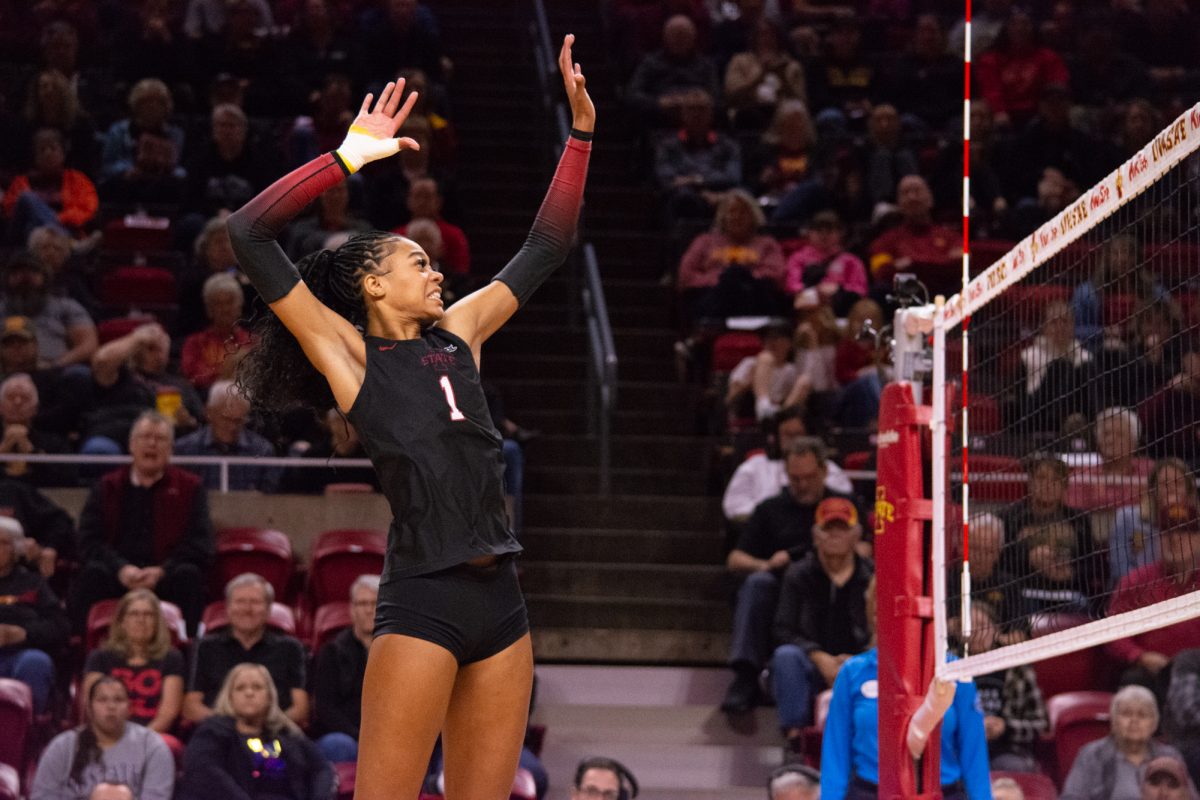LETTER: ISUComm won’t deteriorate writing
November 4, 2004
We read with interest the editorial on Oct. 29 regarding ISUComm. We appreciate these writers’ concerns that writing instruction may be compromised by the proposed curricular changes.
As communication/composition scholars who share more than 20 years of teaching experience, we would never endorse an initiative that compromised writing. We are also quite wary of instructional “trends” or “fads” that might somehow detract from students’ development as writers; however, ISUComm, a five-year project, responds forcefully to the changing nature of communication in today’s society in ways that reflect and extend the concept of what it means to communicate effectively.
Moreover, many composition theorists recognize the merits of this curricular innovation, and similar initiatives are being discussed at other colleges and universities, including North Carolina State, Purdue, the University of Texas and Carnegie Mellon.
ISUComm planners’ decision to focus on other modes of communication is not “at the expense of writing,” and we are disappointed that the Daily editorial board represented ISUComm that way.
In fact, a study conducted last year indicated that ISUComm students actually write more than students in traditional 104/105 sections. At the same time, these students learn that effective communication involves an integration of written, oral, visual and electronic literacies.
We want ISU graduates to be able to assess a situation critically and determine the appropriate communication strategies for particular audiences. Moreover, these strategies involve different combinations of communication skills. For example, when professionals use data in a report, they must consider more communication issues than simply the “correctness” of a sentence.
In addition, they must consider an array of design options that, if used effectively, will make texts more accessible and understandable. This process involves more than just writing.
We agree that a truly integrated communication experience requires assignments that carefully incorporate multiple communication modes that inform, strengthen, and reflect one another.
This incorporation, in turn, reduces the possibility of neglecting writing instruction. Rather, an integrated approach to communication instruction underscores the significance of effective writing.
Ignoring the changing nature of communication deprives our students of the tools they’ll need to respond to the communication situations they’ll encounter both in their ISU experiences and beyond.
Irene Graas
Brian Hentz





